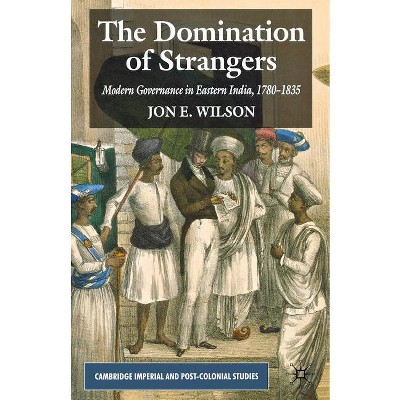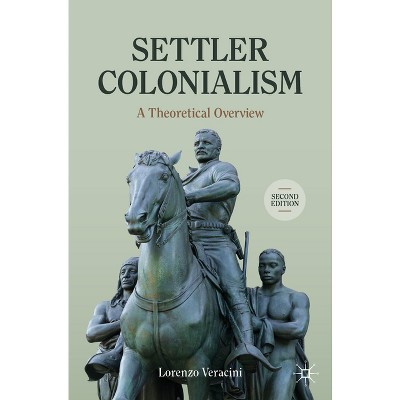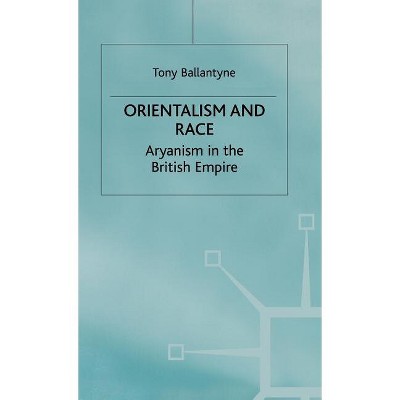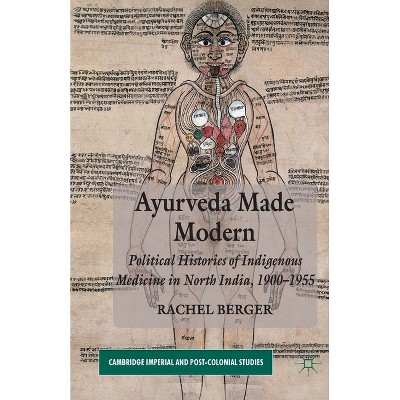Cultural Politics of Hygiene in India, 1890-1940 - (Cambridge Imperial and Post-Colonial Studies) by Srirupa Prasad (Hardcover)

About this item
Highlights
- This book examines genealogies of contagion in between contagion as microbe and contagion as affect.
- About the Author: Srirupa Prasad is Assistant Professor in the Department of Women's and Gender Studies and Sociology at University of Missouri, USA.
- 142 Pages
- History, Asia
- Series Name: Cambridge Imperial and Post-Colonial Studies
Description
About the Book
"Can there be an affective history of hygiene? Is it possible to read into the narrative of modern hygiene active and animated tropes of emotion, affect, and feeling? New microbes, novel pandemics, and their global movements that have forcefully reinstated the efficacy of hygiene have also reinvigorated global academic interest in the genealogies of hygienic practices. Cultural Politics of Hygiene in Bengal/India, 1890-1940 analyzes one such genealogy of hygiene in the context of late colonial Bengal. It argues that the meaning and role of hygiene in India were catalyzed on the crossroads of colonial governance, anticolonial struggles, cultural nationalism, and early 20th century social feminism. Affect, feeling, and sentiment were, however, no less important in the production of knowledge and practices of hygiene. Hygiene as a modern discourse, as shown in this book, not only produced emotions, sentiments, and feelings but was also constituted through them"--Book Synopsis
This book examines genealogies of contagion in between contagion as microbe and contagion as affect. It analyzes how and why hygiene became authoritative and succeeded in becoming a part of the broader social and cultural vocabulary within the colonialist, anti-colonial, as well as modernist discourses.Review Quotes
'The Cultural Politics of Hygiene in India, 1890-1940 makes a high-quality and original contribution to the literature on colonial India, public health, and the relationship between science and imperialism. By exploring the intersection of various public health interventions in India, especially issues related to food and sanitation, Srirupa Prasad offers new insights into the nature of colonial rule and Indian society under colonial rule.' Nico Slate, Carnegie Mellon University, USA
About the Author
Srirupa Prasad is Assistant Professor in the Department of Women's and Gender Studies and Sociology at University of Missouri, USA. She previously taught at University of Madison-Wisconsin, USA, in the Department of Medical History and Bioethics.











